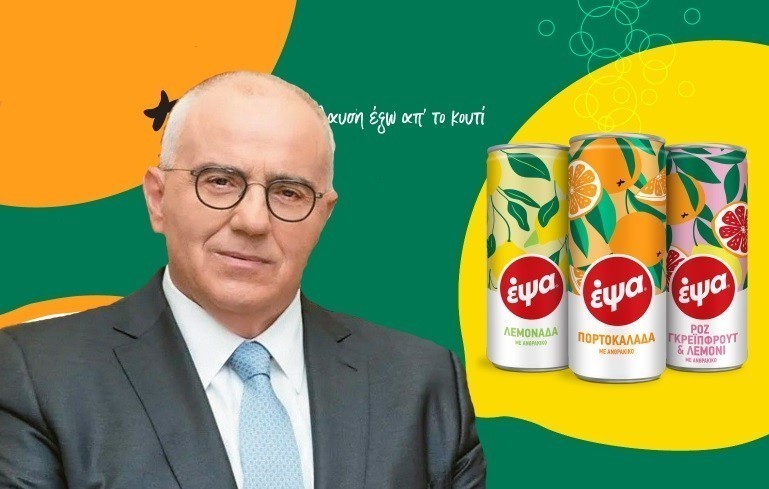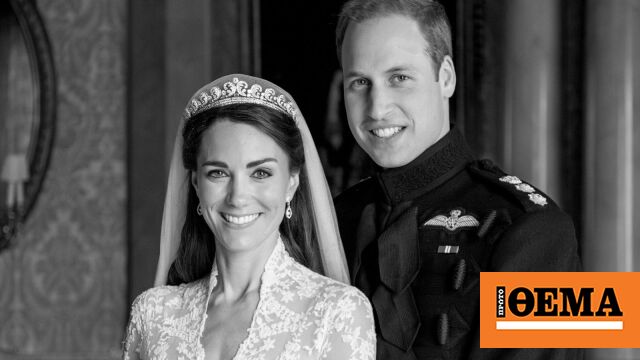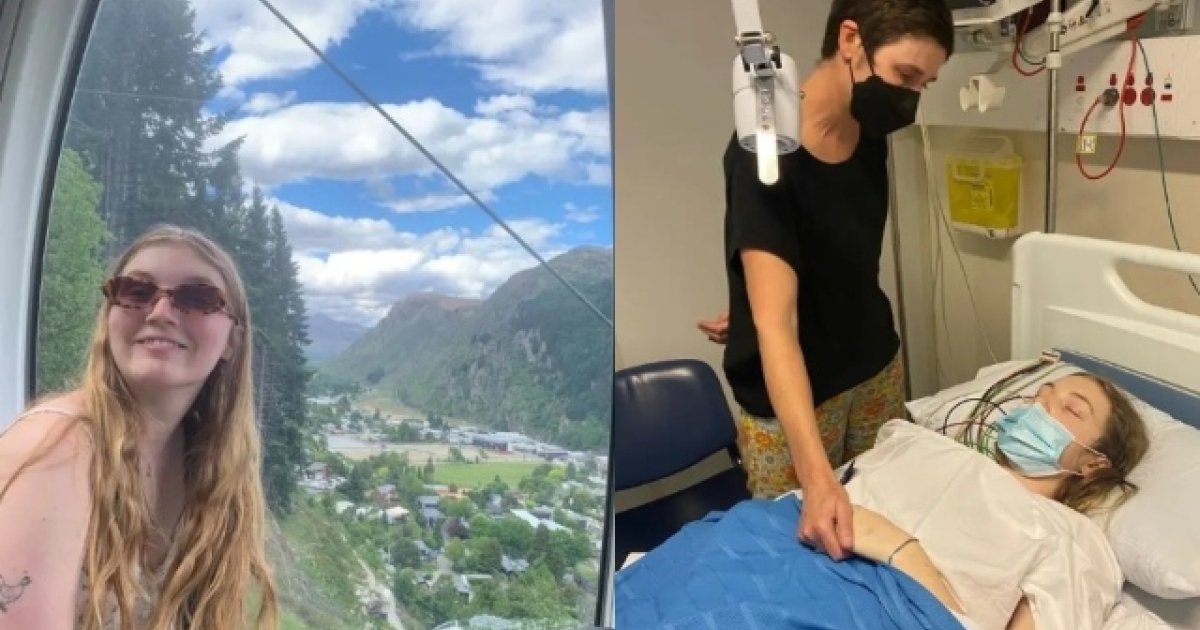
Written by Mark Champion
It was hard to imagine that any of Russia’s neighbors would decide that this was the right time to start war, given the bloody spectacle of Vladimir Putin’s “special military operation” in Ukraine. However, Azerbaijan did just that on Tuesday, launching a “local anti-terrorism operation” against the separatist enclave of Nagorno-Karabakh. Maybe he actually won.
Militants in the Armenian-majority region inside Azerbaijan surrendered on Wednesday, agreeing to lay down their weapons in a deal brokered by Russian peacekeepers. If handled properly, this could be positive, ending more than three decades of often bloody conflict. But given the history of violent conflict, this will require an extraordinary amount of restraint on the part of the Azeris.
A conflict that lasted more than 30 years
The struggle for Karabakh has been going on since before the collapse of the Soviet Union in 1991. There have been two wars, near-constant skirmishes, tens of thousands of deaths, and acts of ethnic cleansing on both sides.
With Putin preoccupied with Ukraine and hostile to Armenian Prime Minister Nikol Pashinyan, and with the West seeking to deal with another conflict in the former Soviet space, the conflict between Russia and Ukraine, Azerbaijani President Ilham Aliyev saw an opportunity to seize victory.
This could have been achieved through diplomatic means. Pashinyan had already done the “impossible” politically when he publicly agreed earlier in 2023 to recognize Azerbaijan’s legal sovereignty over the enclave in order to secure an acceptable settlement for Baku. Two platforms for dialogue were provided, one mediated by the United States and the European Union and the other mediated by Russia. It was possible to reach an agreement that would give Baku permanent control over its internationally recognized territory, along with protection for the returning Armenian and Azerbaijani population.
For many years, it has been the Armenians in Nagorno-Karabakh, with the support of the Armenian government in Yerevan and its Russian allies, who have been gaining ground. Not only did they expel the Azeris and the Azerbaijani armed forces from the enclave, but in 1993 they also occupied seven Azerbaijani districts around it, mining lands and emptying villages. Then some reasonable voices rose in Yerevan demanding that an agreement be reached with Azerbaijan to guarantee Nagorno-Karabakh’s autonomy while the Armenian side still had the “upper hand.” However, their advice was drowned out in the face of more ambitious goals, such as the enclave’s independence.
Since then, Azerbaijan’s booming gas and oil revenues have boosted the country’s economic growth and financed its rearmament campaign. Armenia could not follow. After the popular uprising that brought Pashinyan to power in 2018, to Putin’s dismay, Russia’s security umbrella in Armenia began to show serious leaks. It struck Baku two years later, regaining its seven lost provinces and parts of the Nagorno-Karabakh enclave itself. Now Aliyev, Azerbaijan’s longtime authoritarian leader, has taken a hard line, demanding that the local government in the enclave dissolve itself and disarm its forces, without any talk of any kind of autonomy.
Russia called for restraint and mediated, but may also have played a role in the attack. It has peacekeepers on the ground since fighting erupted after 2020, but has done little to prevent Azerbaijan from closing the narrow Lachin corridor linking Nagorno-Karabakh to Armenia. Supplies of food, medicine and weapons have slowed since the beginning of the year, undermining any possibility of defending the enclave.
Pashinyan complained that Armenia could no longer rely on Russia for protection. It has also established ties with the European Union, and this year ignored Putin’s alternative to NATO, the Collective Security Treaty Organization, of which Armenia is a member. Earlier this month, after Pashinyan’s wife delivered humanitarian aid to Ukraine, Moscow summoned Armenia’s ambassador to whisper some “screams.”
“There is clearly a breakdown in Russian-Armenian relations on many fronts,” said Thomas de Waal, a senior fellow at the Brussels-based Carnegie Europe think tank who has been writing about the Caucasus for more than 30 years. He added: “There is a fear in Armenia that Russia wants regime change and may exploit the events in Nagorno-Karabakh to achieve this.”
Solution model
In fact, on the other hand, the West’s capabilities were limited. Although the European Union accounted for 52% of Azerbaijan’s trade last year, this was the result of a huge increase in Azerbaijani gas and crude oil exports as Europe sought alternatives to Russian supplies. The prospect of cutting off Azerbaijani energy imports would not be an attractive solution in any case, and its usefulness is now likely to be in doubt after Aliyev’s quick victory.
Anyway, this is just the beginning. The ceasefire must first be adhered to and an agreement reached in the talks scheduled to begin today, Thursday, while providing some security guarantees to the Armenians in Karabakh. Otherwise the risk is another round of mass flight or ethnic cleansing, revenge killings and punitive “justice”. The fact that Azerbaijan denied striking civilian targets on Tuesday, even as television footage showed bombs falling in urban centres, does not bode well.
Responsibility for what follows falls primarily on the shoulders of Aliyev and the nearly 2,000 Russian soldiers in Putin’s peacekeeping force. These measures are unlikely to be sufficient, and if Russia cannot do the job itself, it will be forced to seek help. Restoring control of territory has been achieved peacefully after ethnic cleansing events in the past, but this success is rare and not easy to achieve. Russia’s record in Abkhazia and South Ossetia in Georgia has been poor – to say the least.
The model to follow could be that of the heavily armed UN peacekeeping force deployed in an area of eastern Croatia roughly half the size of Nagorno-Karabakh in the 1990s. The 5,000-strong UN Transitional Mission took over administrative control of the area for two years. years, before full control was handed over to the returning Croatian authorities. The peacekeeping forces included American and Russian forces capable of disarming and pacifying both Croats and Serbs.
Without this transition period, the temptation for Azerbaijan to resolve the Karabakh problem once and for all by encouraging Armenian flight will be strong. If there is anyone who can influence Aliyev, it is his Turkish ally, Tayyip Erdogan, who is with other world leaders this week in New York to attend the United Nations General Assembly. Erdogan has an opportunity to step forward, and help ensure that this long and bloody conflict comes to a humane, not a barbaric, end.

“Hipster-friendly coffee fanatic. Subtly charming bacon advocate. Friend of animals everywhere.”





More Stories
Middle East – Blinken: Israel's “extremely generous” offer to Hamas regarding Gaza
Postal voting: Registration deadline ends tonight – electoral file will be sent by May
Imamoglu described Hamas as a terrorist organization: “It is carrying out terrorist acts.”